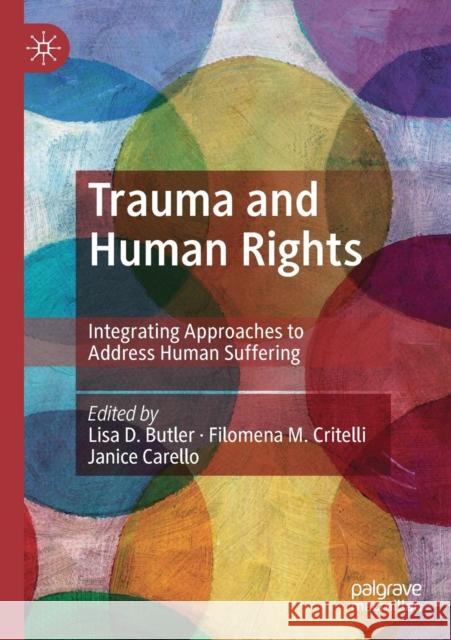Trauma and Human Rights: Integrating Approaches to Address Human Suffering » książka
topmenu
Trauma and Human Rights: Integrating Approaches to Address Human Suffering
ISBN-13: 9783030163976 / Angielski / Miękka / 2019 / 336 str.
Kategorie:
Kategorie BISAC:
Wydawca:
Springer Nature Switzerland AG
Język:
Angielski
ISBN-13:
9783030163976
Rok wydania:
2019
Wydanie:
Softcover Repri
Ilość stron:
336
Waga:
0.47 kg
Wymiary:
21.01 x 14.81 x 2.06
Oprawa:
Miękka
Wolumenów:
01
Dodatkowe informacje:
Wydanie ilustrowane











